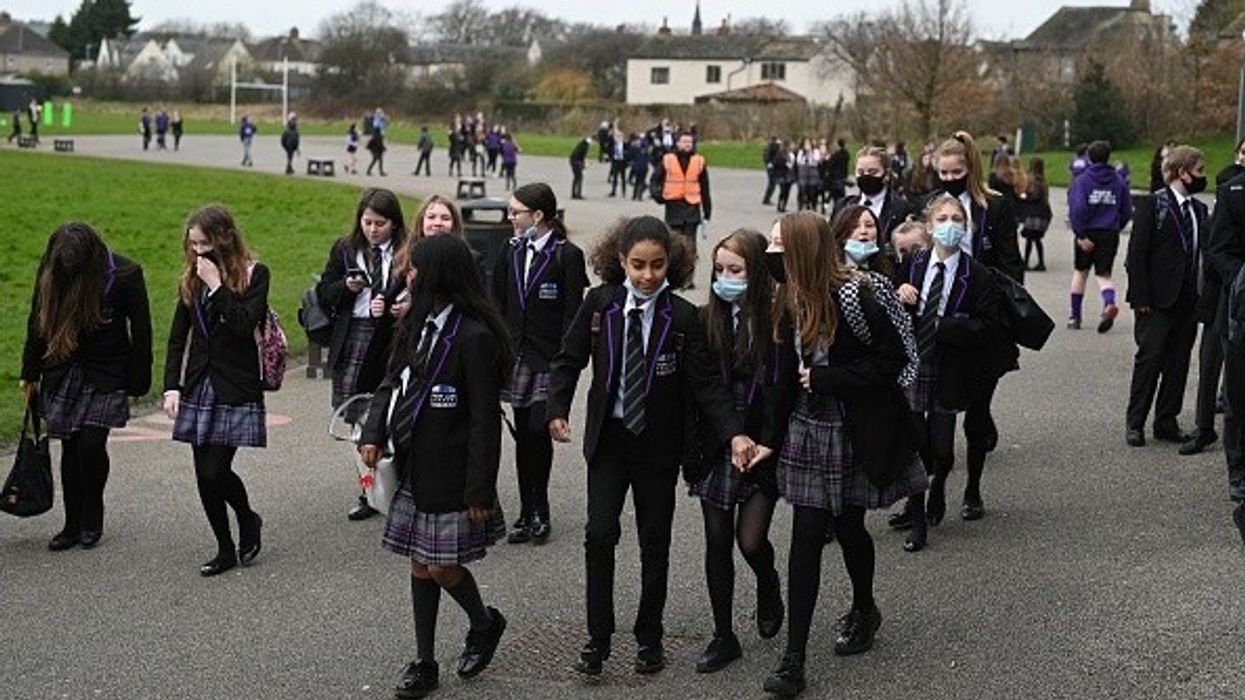CHILDREN may have to spend an additional two and a half hours each week at school to overcome a year of disruption caused by the Covid-19 pandemic, according to a media report citing leaked details of the plan by the government’s education recovery commissioner.
Sir Kevan Collins has called for all children to receive an extra 100 hours of schooling each year from 2022, with a minimum 35-hour week, as per the leaked recovery plan which focuses on “three Ts” of time, teaching and tutoring.
The plan will be paid for by a “recovery premium” with £12 billion of the £15bn given directly to schools and targeted at disadvantaged pupils. Headteachers will be given a high degree of autonomy over how they spent the funds, as per the plan, reported in The Times.
Prime minister Boris Johnson has been briefed about the proposals which are also expected to include further individual or small-group tutoring for five million pupils and additional training for 500,000 teachers, the paper reported.
Ministers have been working on a promised “catch-up” plan for schools and colleges and were expected to announce measures before the summer holidays, but the rumoured £15 bn costs, almost £700 per pupil over three years, is said to have run into opposition from the Treasury and the chancellor, Rishi Sunak.
Shadow education secretary Kate Green is also scheduled to publish Labour’s recovery plan later this week, which is likely to back many aspects of Collins’ plan but with a stronger focus on mental health.
Meanwhile, recently-released research by a University of Cambridge academic claims that keeping pupils in school for longer lessons would not be enough to overcome the gaps in their learning caused by Covid disruption.
Schools are already time-tabling longer teaching time in subjects such as English and maths and the longer hours will see only modest improvements that may not justify the extra cost, the study says.
The British Psychological Society has also said the additional time would instead be better spent allowing children to play, socialise and engage in activities such as music, crafts and sports that were also missed out on while schools were closed during the lockdowns.




